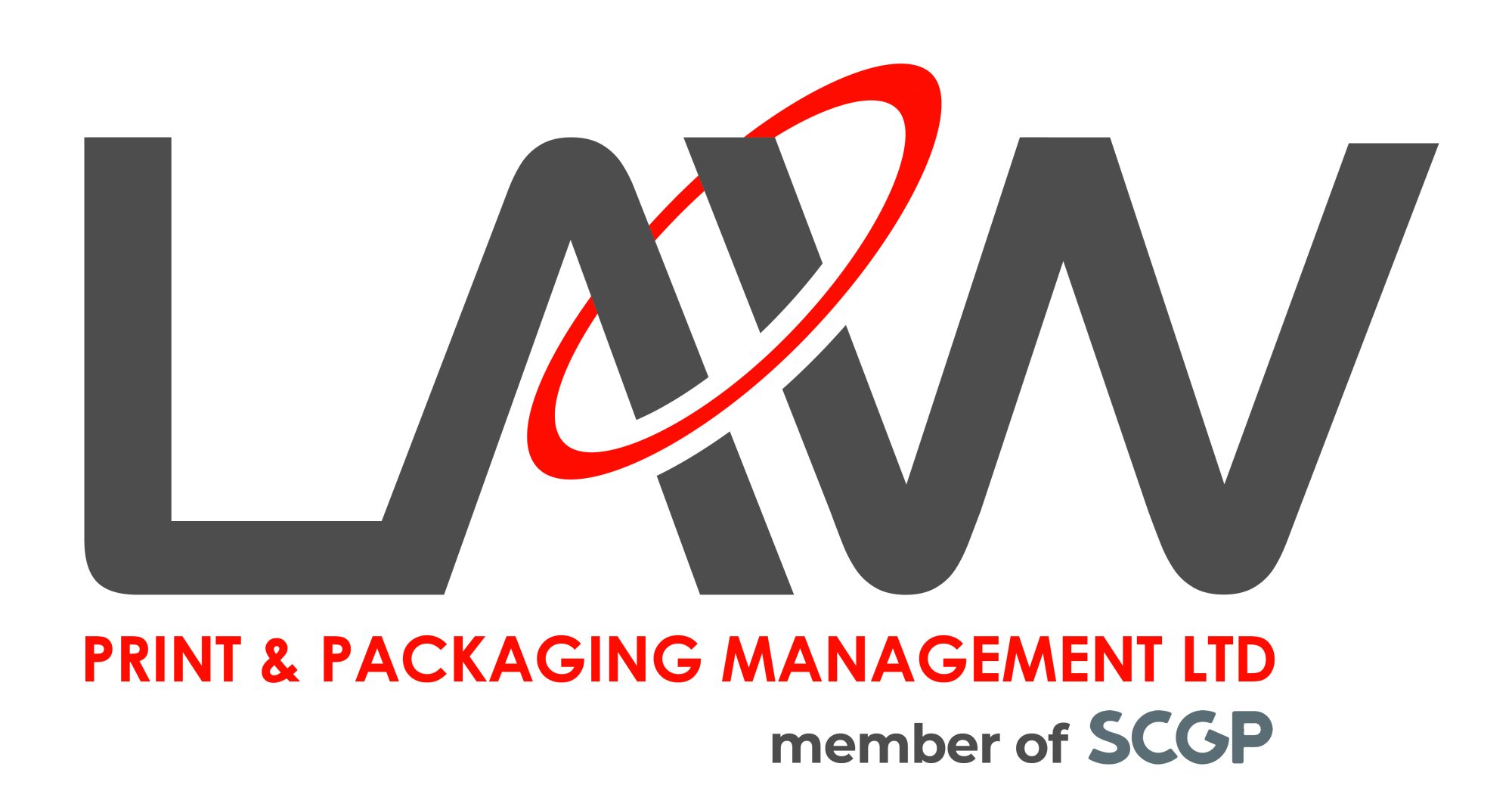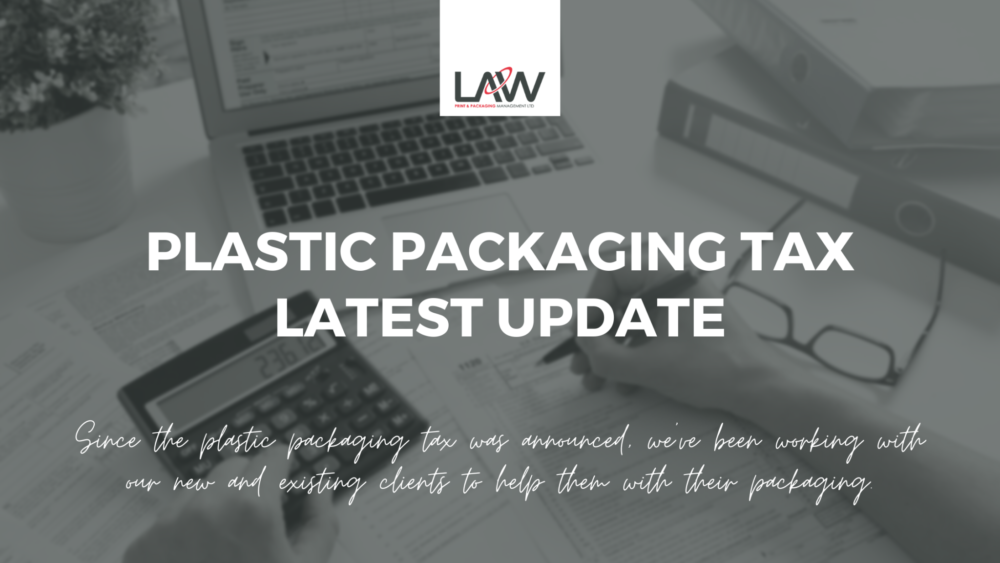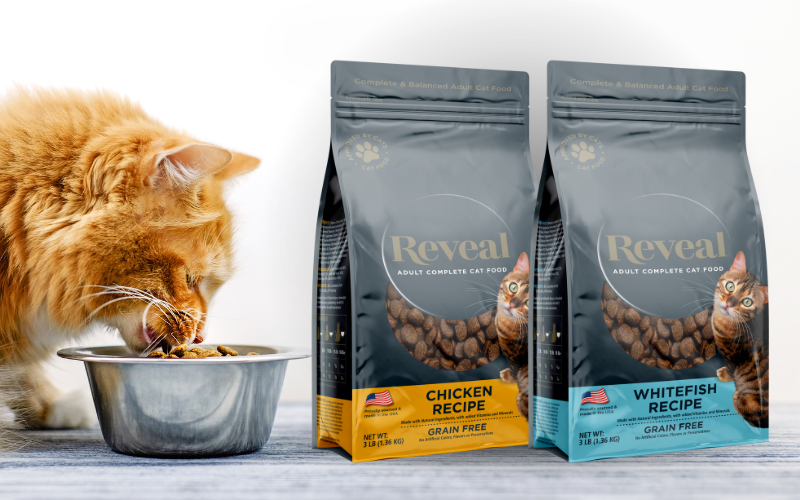The UK Plastic Packaging Tax is due to be implemented in April 2022. Still going through a consultation stage, we’ve already been working with our new and existing customers. We want to help them ensure their packaging is fully compliant when it is finally introduced. And to help them with cost-saving tips, including switching to our Ready2Recycle range of sustainable solutions.
The new tax applies to packaging that contains more plastic by weight than any other single material. The definition of plastic includes biodegradable and compostable plastics. However, packaging that contains at least 30% recycled plastic is exempt.
At Law Print, we have worked relentlessly with our manufacturing partners to meet the criteria. Our customers who have transitioned to our Ready2Recycle PE/PE or BOPP bags since 2019 are already a step closer to achieving these goals. It is easier to introduce enough recycled content to single polymer structures, in particular PE and PP films. For example, our BOPP woven bags have been further developed by our team to meet the 30% recycled content target. First with PIR (Post Industrial Recycle) content, but soon with PCR (Post Consumer Recycle) content.
However, it is still very unclear how the new tax is going to be enforced. And also how we address the issue that it is not currently aligned with the UK/EU legislation. It specifies that recycled content packaging cannot be in direct contact with food.
In the meantime, this September, HMRC published additional support for businesses. It is for those who manufacture and import packaging. It helps them understand whether they need to register and are liable for the plastic packaging tax.
Announced at Budget 2018, the plastic packaging tax should come into force on 1 April 2022. It will apply at a rate of £200 per metric tonne for UK businesses that manufacture or import more than 10 tonnes of plastic packaging over 12 months.
In an update to existing guidance on the new tax, HMRC has provided greater clarity on when a packaging component is finished. This is important. In the case of manufacturing in the UK, it is the business that completes the “last substantial modification” before it is packed and filled that is liable for the tax.
If a business imports a finished plastic packaging component into the UK (including importing packaging that already contains goods), the importing business is liable for the tax.
Alongside updating its online guidance, HMRC has published two decision trees. These are for businesses that remain unsure as to whether they are liable to pay the tax. The first enables businesses to check whether the packaging they manufacture or import is in scope. The second checks whether they are liable to and need to register for the tax.

Businesses may need to register for the tax and keep records on packaging manufacture and import. Even if they are ultimately not liable to pay any tax (for example, because the packaging contains at least 30% recycled plastic or is exempt for any other reason).
HMRC’s guidance confirms that businesses that import or manufacture less than the 10-tonne threshold will also be subject to record-keeping requirements to evidence that they have not breached the 10-tonne threshold.
The British Plastics Federation (BPF) has also developed guidelines on recycled content in plastic packaging. The guidelines, titled, Recycled Content Used In Plastic Packaging Applications, were designed for companies that intend to use recycled plastic content in food, drink, cosmetic, and pharmaceutical packaging, as well as for policymakers.
The guidelines provide an overview of national regulations governing the use of recycled content in packaging in England, Wales, Northern Ireland, and Scotland, in addition to European Union regulations.
If your brand wants to invest in quality packaging, we will guide you through the entire print process.
Contact us on +44 (0) 161 440 7302 or follow this link to complete our contact form.


